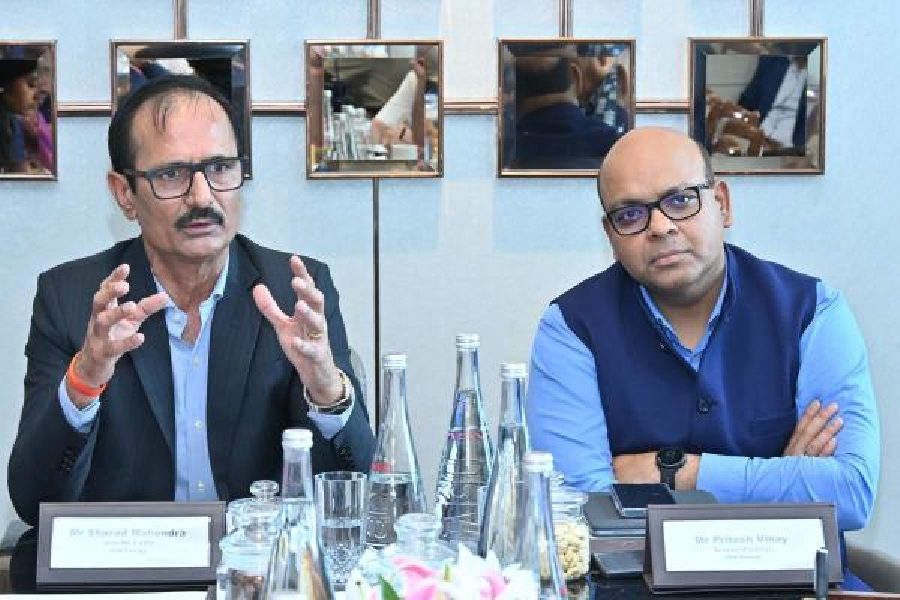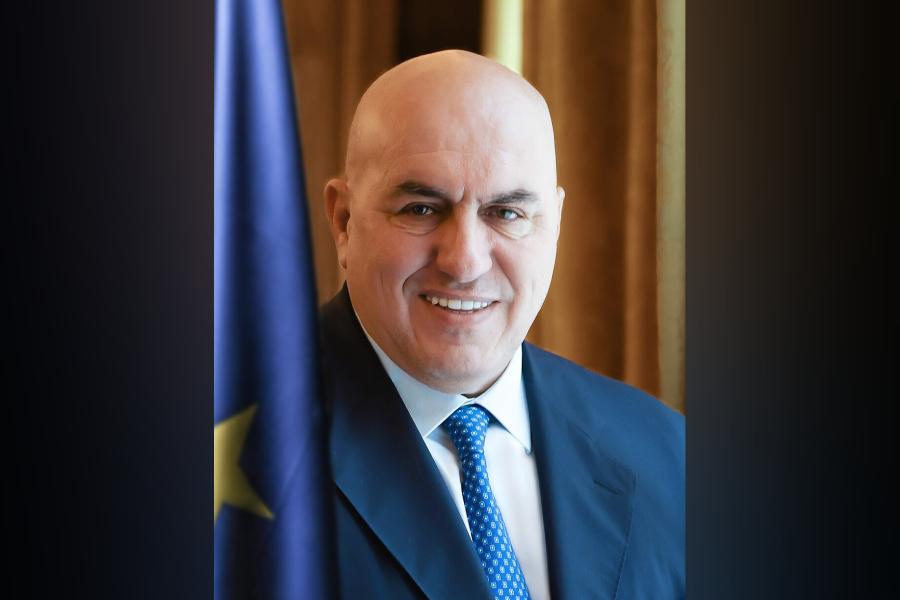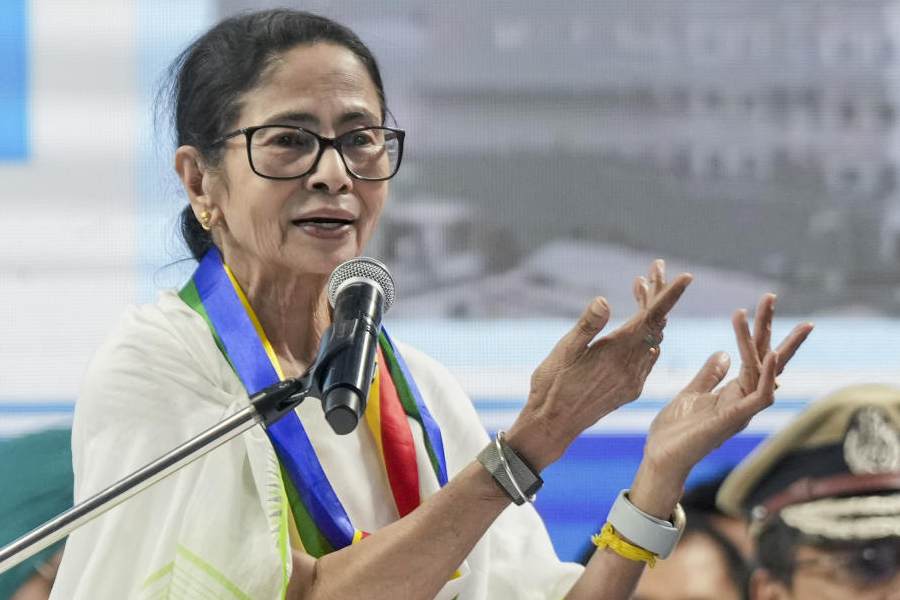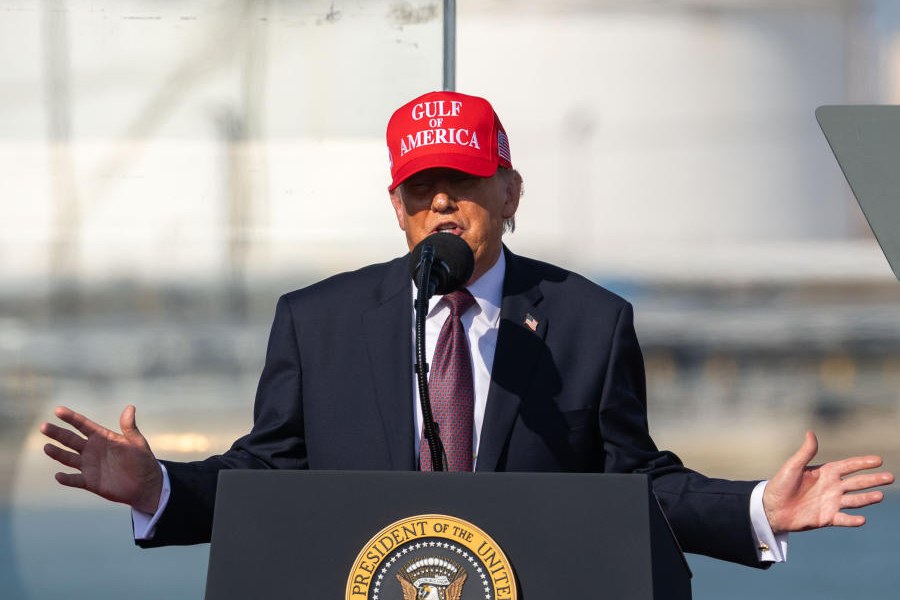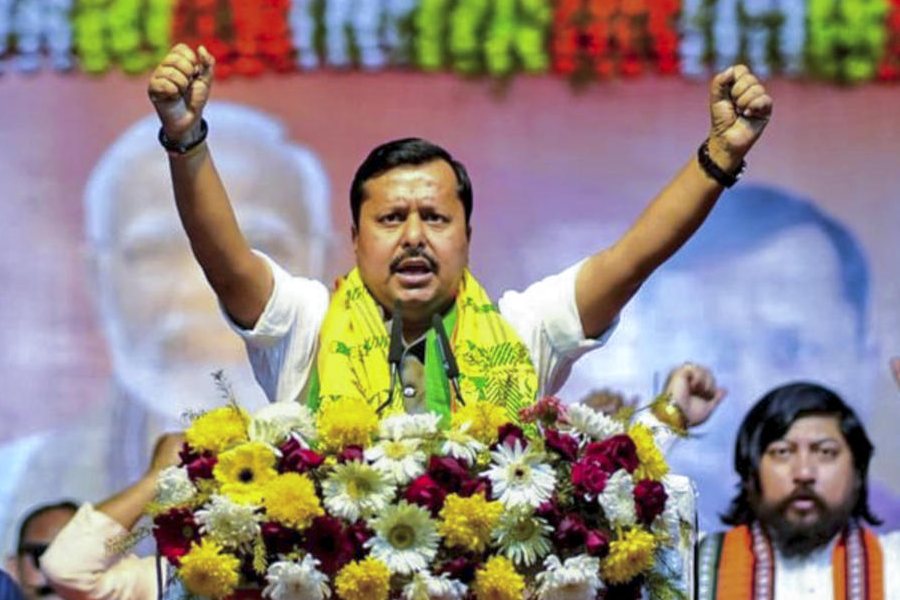JSW Energy will supply electricity from its proposed 1,600 mega watt power plant at Salboni to West Bengal State Electricity Distribution Co Ltd at a ‘levelised tariff’ of ₹5.45 per unit, making it one of the competitively priced sources of energy for the state in years to come.
The company emerged the lowest bidder to supply electricity for a period of 25 years and signed a power purchase agreement with WBSEDCL to this effect. The JSW management argued that the company’s project execution capabilities would ensure that the 800x2 MW ultra critical coal-fired plant is being built at a low specific investment cost of ₹10 crore per MW.
The same capex efficiency will be replicated with low operational expense during the life of the project, they insisted. In turn, the consumers of the electricity will stand to benefit from a lower unit cost, they added.
Coal for the project will be sourced from the Talcher region of Mahanadi Coalfield Ltd, a subsidiary of public sector Coal India Ltd. The plant would require 9-10 million tonnes of coal (depending on gross calorific value) every year. The linkage has been provided under the central government’s Shakti (IV) B scheme to the state.
“We have to deliver the power at the state periphery at a levelised tariff of ₹5.45 per unit. It is very competitive,” Sharad Mahendra, joint managing director & CEO of JSW Energy, told The Telegraph.
In the parlance of PPA, a levelised tariff is considered the price of electricity over the entire project’s life, adjusted for inflation and other factors. In reality, the tariff could be more or less than ₹5.45 a unit, depending on multiple factors.
JSW Energy director (finance) Pritesh Vinay said the strategy of the company has been to be a provider of affordable and reliable electricity to distribution utilities given the social nature of the sector.
“One of the biggest risks in the sector is receivable cycles. It is imperative that if we are a lower cost provider of power, there will be least back down, which means PLF (plant load factor) will be higher through the cycle. If the discoms have to back down, they will first do that with the most expensive power. Regardless of the financial condition, they will first pay the cheapest power. This has been our guiding principle in capital allocation policy,” Vinay explained.
The power generator from the stable of the $24-billion JSW group said the Salboni project will be able to plug the projected future demand in Bengal, which lags in India’s average per capita consumption by a wide margin.
“When we evaluated the energy consumption pattern, we found that the per capita energy consumption in Bengal is almost 50 per cent of the India average. In comparison to 1,200 units per capita consumption nationally, Bengal is 650 units per capita consumption,” Mahendra said.
However, the Sajjan Jindal-promoted company forecasted demand to grow from 60 billion units to 134 billion units by FY35 in Bengal, driven by urbanisation, the service industry and manufacturing.
Given the anticipated headroom for growth, JSW Energy is keen to look at other projects. During the Bengal Global Business Summit in February, Jindal had said it can scale up the capacity of Salboni unit to 3,200 MW, or 3.2 giga watt, should the state require it.
Mahendra said the company remains interested in the Purulia pump storage project, a potential source of renewable power, if and when the state government decides to go ahead. The Mamata Banerjee administration is going slow, apprehending local resistance to the project.
At ₹16,000 crore, the Salboni plant will be the single largest investment by JSW Energy till date and hasten its journey to reach 30 GW installed capacity by 2030, significantly upping its previous target of 20 GW by the end of this decade.
The company is in the process of coming up with a future roadmap for 30 GW with an updated investment plan. In 2023, it announced a target to reach 20 GW by 2030 with an investment of ₹115,000 crore. That number will now go up significantly.
JSW Energy ended FY25 with an installed capacity of 10.8 GW and its present capacity is 12.2 GW. The future roadmap involves the majority of the new projects in the renewable segment.

